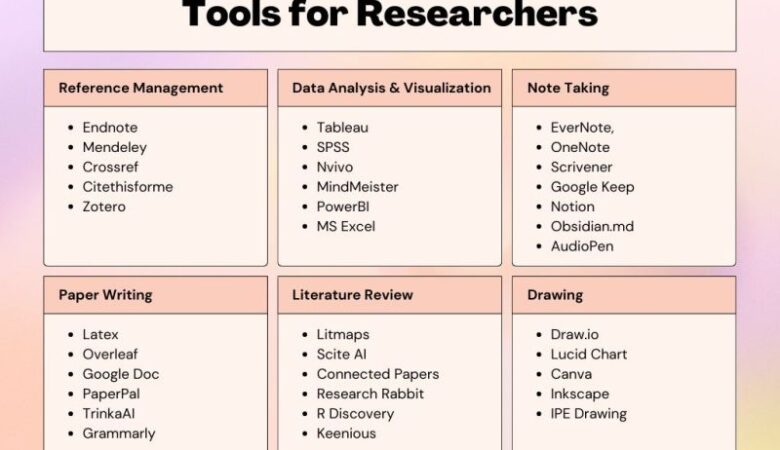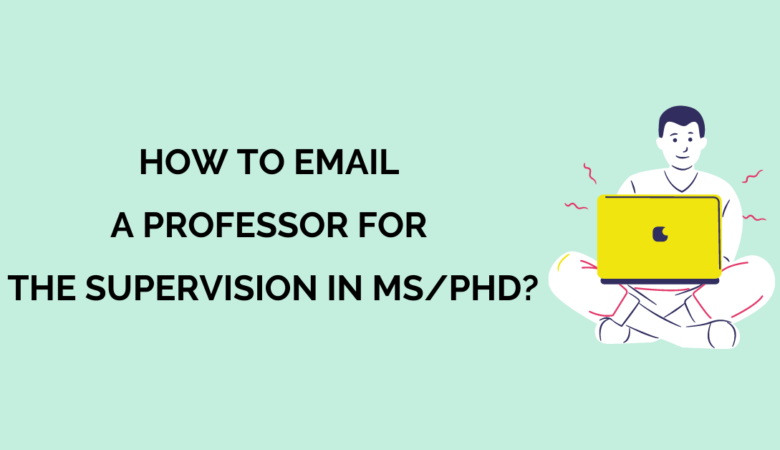Writing a research paper is a meticulous process that requires attention to detail and careful analysis. However, the conclusion of your research paper is just as crucial as the introduction and main body. It is the final opportunity to leave a lasting impression on your readers and summarize the key findings of your study. In this article, we will explore the essential steps to writing an effective conclusion for a research paper.
Understanding the Purpose of the Conclusion
The conclusion serves several purposes in a research paper. It allows you to restate the main thesis statement, summarize the key findings and arguments, address any limitations of the study, and suggest avenues for future research. Moreover, the conclusion provides closure to your paper and leaves a memorable impression on the reader.
Also Check: Chulabhorn Graduate Institute Scholarship In Thailand 2024 (Fully Funded)
Summarizing Key Findings
One of the primary objectives of the conclusion is to summarize the key findings of your research. This helps the reader recall the main points discussed throughout the paper. Begin by revisiting the main arguments and results, highlighting their significance in relation to the research question or problem statement.
Restating the Thesis Statement
To reinforce the main argument of your research paper, it is important to restate the thesis statement in the conclusion. However, this restatement should be done in a way that adds depth and offers a fresh perspective.
Avoid using the exact words from the introduction, and instead, rephrase and reframe the thesis statement to leave a lasting impact on the reader.
Addressing Limitations and Future Research
Every research study has its limitations, and it is important to acknowledge them in the conclusion. Discuss the potential weaknesses or constraints of your research, and suggest areas for further investigation.
By doing so, you demonstrate your awareness of the study’s limitations and open up opportunities for future researchers to build upon your work.
Also Check: International Excellence Scholarship In New Zealand 2023 (Funded)
Providing a Call to Action
In some research papers, it may be appropriate to provide a call to action in the conclusion. This could involve encouraging the reader to take specific steps or make changes based on the findings of your research. By providing a clear call to action, you can inspire your audience to consider the implications of your work and take meaningful action.
Emphasizing the Importance of the Research
The conclusion is the ideal place to emphasize the importance of your research. Explain how your study contributes to the existing body of knowledge in your field and why it matters. By highlighting the significance of your research, you can create a sense of importance and urgency in the reader’s mind.
Avoiding New Information
While it may be tempting to introduce new information or ideas in the conclusion, it is best to avoid doing so. The conclusion should only summarize and reiterate what has already been discussed. Introducing new information can confuse the reader and disrupt the overall coherence of your paper.
Using Clear and Concise Language
When writing the conclusion, it is important to use clear and concise language. Avoid unnecessary jargon or technical terms that may confuse the reader.
Instead, use simple and straightforward language that is easily understood by a wide range of readers. Remember to keep your sentences concise and to the point, conveying your message effectively.
Structuring the Conclusion
To ensure a well-structured conclusion, consider organizing it in a logical manner. You can start by summarizing the main points of your research, followed by addressing any limitations or weaknesses. Then, emphasize the significance of your findings and provide a call to action if applicable.
By structuring your conclusion thoughtfully, you guide the reader through a cohesive and impactful ending.
Also Check: University of New England Scholarship In Australia 2023 (Fully Funded)
Including a Personal Reflection
Adding a personal reflection in the conclusion can add depth and authenticity to your research paper. Share your thoughts and insights gained throughout the research process. Discuss the challenges faced, the lessons learned, and any personal growth experienced.
This personal touch helps create a connection with the reader and demonstrates your engagement and dedication to the topic.
Checking for Coherence and Flow
As you write your conclusion, pay attention to the overall coherence and flow of the content. Ensure that the ideas transition smoothly from one point to another, creating a logical progression.
Use transitional words and phrases to guide the reader and maintain a cohesive narrative. By checking for coherence and flow, you enhance the readability and impact of your conclusion.
Proofreading and Editing
Once you have written the conclusion, take the time to proofread and edit your work. Look for any grammatical errors, spelling mistakes, or awkward phrasing. Ensure that your sentences are well-structured and that your ideas are conveyed clearly.
It is also helpful to read your conclusion aloud to identify any areas that may need improvement. By thoroughly proofreading and editing, you present a polished and professional conclusion.
Also Check: Kazakhstan Government Scholarships 2024 (Fully Funded)
Conclusion Paragraph
In conclusion, writing a strong conclusion for a research paper requires careful consideration and attention to detail. It serves as the final opportunity to leave a lasting impression on your readers. By summarizing key findings, restating the thesis statement, addressing limitations, and providing a call to action, you create a sense of closure and significance.
Remember to use clear and concise language, structure your conclusion effectively, and include a personal reflection for added depth. Lastly, proofread and edit your conclusion to ensure a polished final product.
Writing a Research Paper Conclusion Example
In conclusion, this research paper has explored and analyzed various aspects of the topic at hand, shedding light on important findings and contributing to the existing body of knowledge. Through rigorous data collection, careful analysis, and critical interpretation, we have provided valuable insights into [topic]. Our study has confirmed the significance of [research question/hypothesis] and has presented compelling evidence to support our claims.
The findings of this research demonstrate the potential impact of [topic] on [relevant field/industry/society], highlighting the need for further investigation and potential avenues for future research. By examining the intricate relationships between [variables/factors], we have uncovered key patterns, trends, and correlations that offer a deeper understanding of [topic].
Moreover, this research has not only addressed the existing gaps in the literature but has also presented practical implications for [relevant stakeholders/organizations]. The insights provided can assist policymakers, practitioners, and decision-makers in making informed choices, implementing effective strategies, and shaping better outcomes in [specific context].
However, it is important to acknowledge the limitations of this study. Despite our efforts to ensure the reliability and validity of our findings, certain constraints such as [methodological limitations/sample size/availability of data] may have influenced the results. These limitations provide potential opportunities for future research to build upon our work and address the remaining gaps.
Overall, this research paper contributes to the current knowledge base by providing a comprehensive analysis of [topic] and its implications. It offers valuable insights that can guide future studies and inspire further exploration in this area. We hope that our work will stimulate fruitful discussions, inspire new ideas, and ultimately lead to advancements in [relevant field/industry/society].
Please Subscribe to Our Telegram Channel And WhatsApp Channel To Get The Latest Scholarship Updates.
Please Check Out Our LinkedIn Company Page And LinkedIn Group And Get All the Latest Scholarships Updates.
FAQs
Q: Can I introduce new information in the conclusion? A: It is best to avoid introducing new information in the conclusion. Stick to summarizing and reiterating what has already been discussed.
Q: Should I restate the thesis statement in the conclusion? A: Yes, restating the thesis statement in the conclusion helps reinforce the main argument of your research paper.
Q: How long should the conclusion be? A: The length of the conclusion can vary, but it is generally recommended to keep it concise and focused, summarizing the main points effectively.
Q: Is it necessary to address the limitations of the study? A: Yes, addressing the limitations of your research shows awareness and contributes to the overall credibility of your work.
Q: Can I include a personal reflection in the conclusion? A: Including a personal reflection can add depth and authenticity to your conclusion, providing insights and lessons learned during the research process.







So valuable and professional insight.
Thank you.
Tensay Y.
thanks its for me
it’s my pleasure